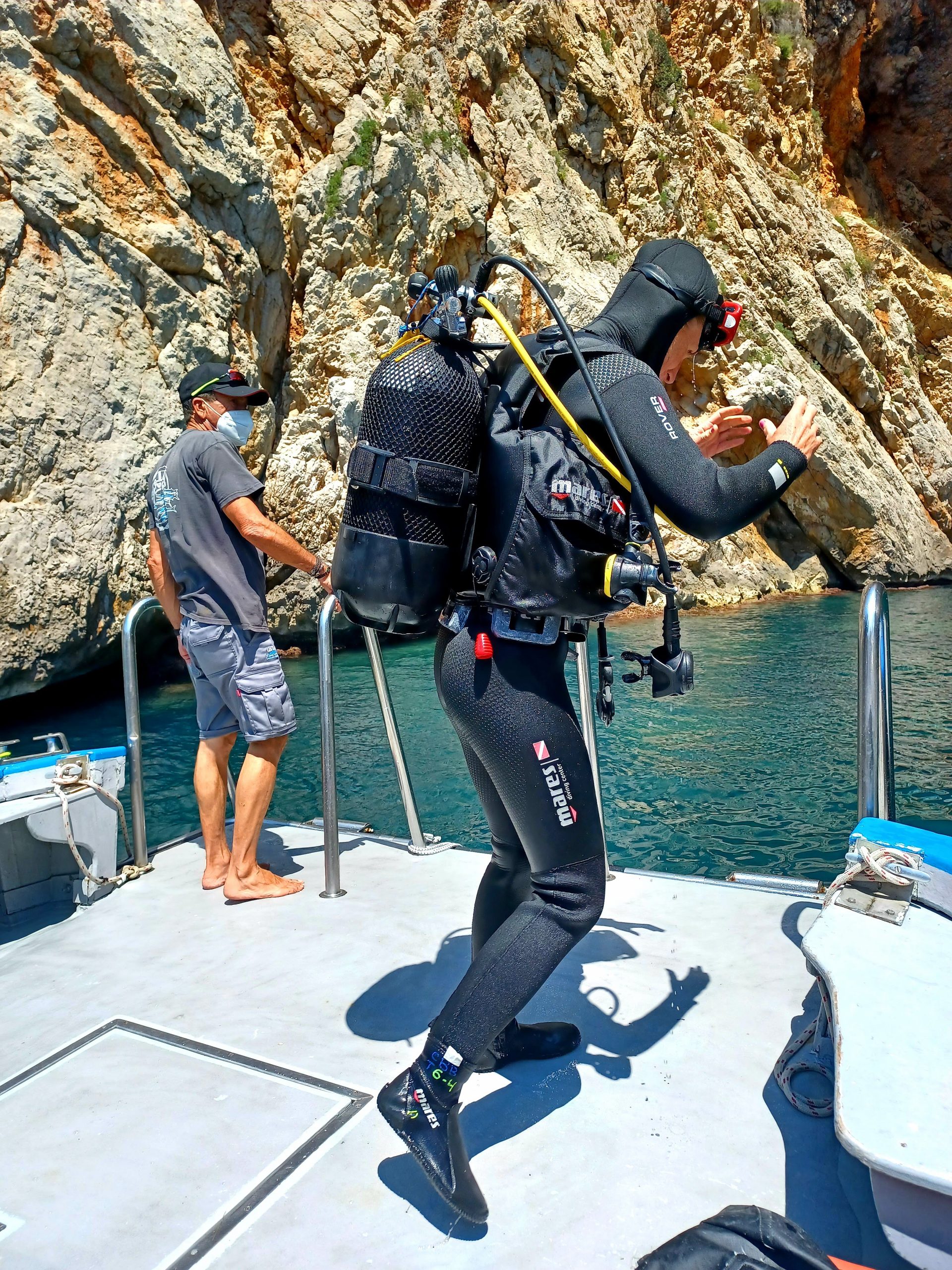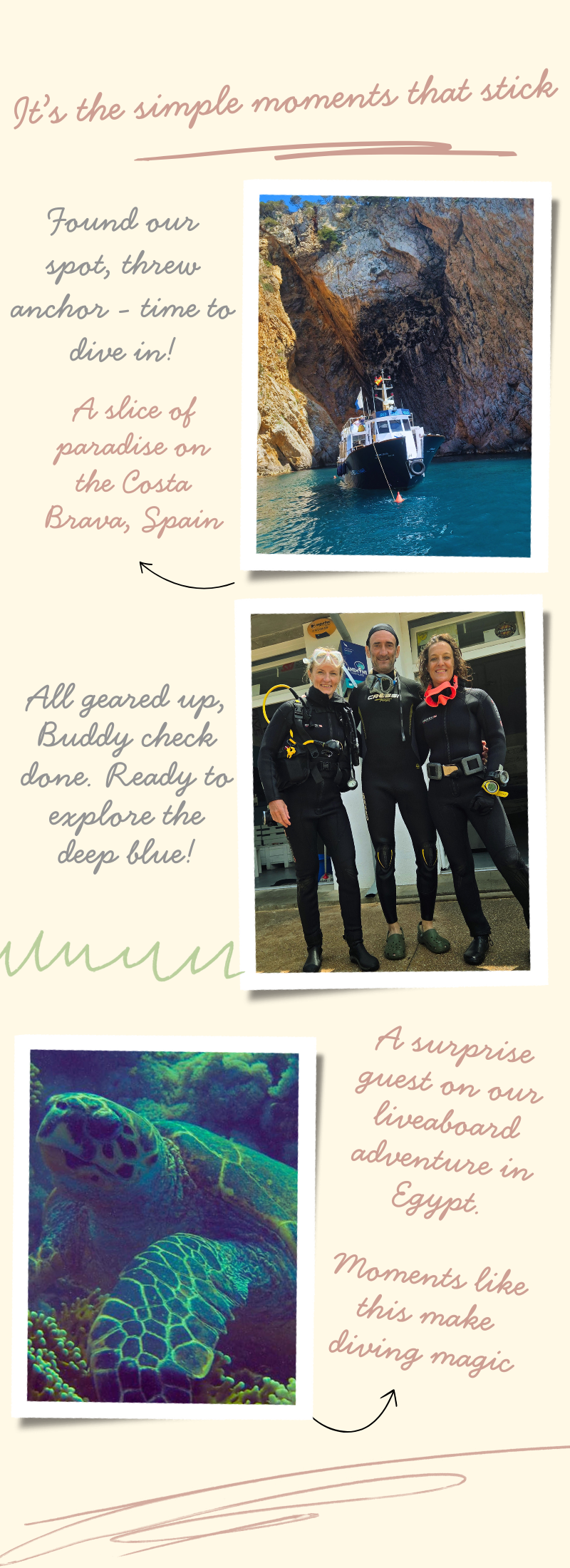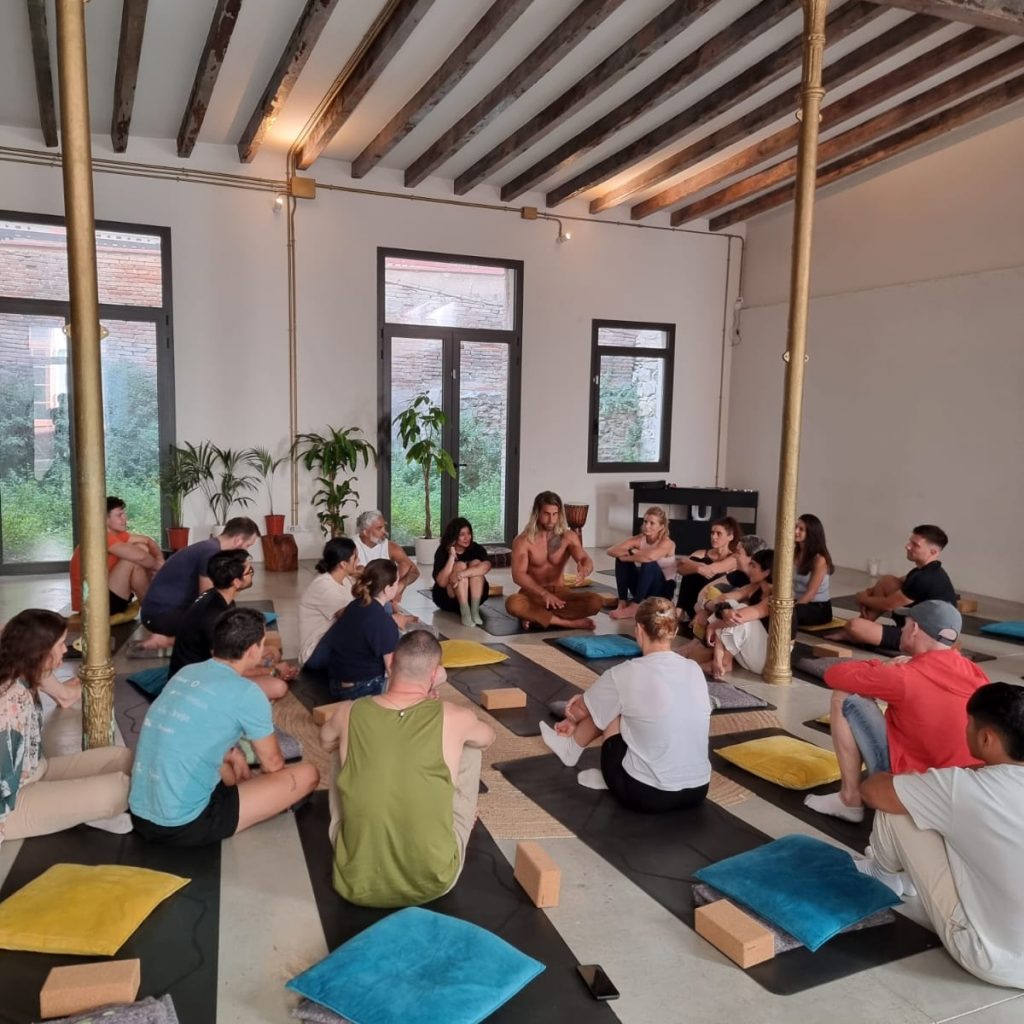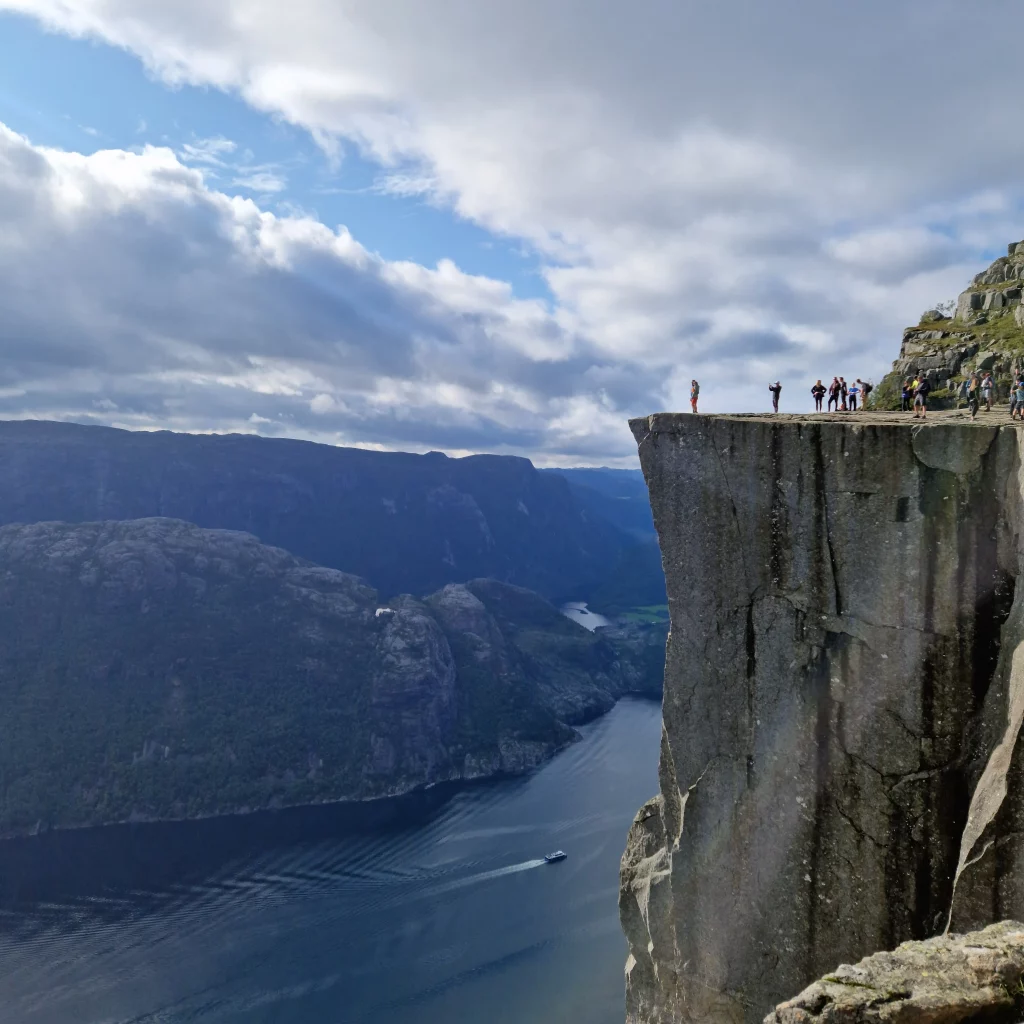What Scuba Diving Taught Me About Choosing Skills That Last
As summer ’25 arrived and the Balearic Sea warmed, it felt like the perfect time to plan my next dive. Over a year had passed since my last one. I’d been busy climbing mountains and running roads, but I longed to get back underwater. Sure, you can dive anytime, but drying off in the sun between dives makes it even more enjoyable.
There’s a special kind of calm that hits the moment you step off a boat and into the deep blue.
The Dive Experience
This trip took me to Palamós, on the Costa Brava. We arrived at the dive centre, got fitted for wetsuits, rented our gear, and boarded the boat. There’s always a touch of nervousness—diving isn’t something I do every day. A refresher is always helpful. Safety is paramount.
Once I reviewed key details with my dive buddy and stepped onto the boat, I felt fully ready. With wetsuit on and gear checked, it was time to enter the water and see what awaited me.
There’s something transformative about putting on a wetsuit. All your focus narrows to the dive ahead and the people you’re with.

The Magic of the Underwater World
In diving, you always go with a buddy. You check air levels, signal that all is okay, and keep each other in sight. Yet it’s easy to get distracted by a flash of marine life.
After descending and finding that sweet spot of neutral buoyancy, we glided through the water together. My buddy pointed out barracudas, gorgonians, and a few curious groupers. I was completely absorbed in the wonders of the underwater world.
A Skill That Lasts
I think back to the decision I made over 15 years ago to take a diving course while backpacking in Australia. Back then, I had no idea how far that decision would take me.
In 2013, I travelled in a campervan from Melbourne to Darwin before reaching Cairns. Learning to dive on the Great Barrier Reef was unforgettable. Its coral and marine life were incredible. It’s bittersweet now, knowing how much the reef is under pressure from climate change and human impact (WWF).
Later, in 2019, I went on a liveaboard trip in Egypt and earned my Advanced Open Water and Enriched Air Diver certifications. What started as a holiday became a classroom on the sea. There’s no better place to advance than on a liveaboard.
Diving and Life Lessons
Since then, diving has been an on-and-off part of my life. I’ve filled two dive logbooks with memories: the people I’ve met, the places I’ve explored, and the creatures I’ve spotted.
Diving isn’t just an escape. It’s a reminder there’s more to life than the everyday. Phone calls and social media are far removed. For that time, it’s just you and raw beauty. The ocean demands your full attention. Every dive leaves me feeling lucky, thinking about it still gives me goosebumps.
The Value of Lifelong Skills
Learning to dive isn’t cheap, so I often rent gear rather than buy my own. But once you earn a diving certificate, it’s yours for life. Keep your skills fresh, and they remain a source of joy—a reminder that investing in skills pays off far beyond the moment.
Research from UCLA Health shows that hobbies boost mental well-being, improve physical health, and lower the risk of certain diseases. Learning something new also connects you to people and communities you might never meet otherwise.
Not just for yourself—imagine treating a friend to an Open Water course, a hiking trip, or a painting class. It could spark a passion that changes their life.
Whether it’s diving or another pursuit, investing in a skill can pay lifelong dividends.
It makes me ask: what else could I learn now that would serve my future self as well as diving has? A skill, a practice, a sport, something I’ll be grateful for years from now.
Here’s to learning a new skill, no matter your stage of life. Choose something that lasts, grows with you, and something your future self will thank you for.
Resources to help you grow:
1. You can learn new things at any age, with Rachel WU, Phd
Psychologist Rachel Wu explains how adults can continue to learn and develop new skills, challenging the notion that learning is only for the young.
2. Essentials: How to learn skills faster – Dr. Andrew Huberman
Science-based strategies to accelerate skill acquisition.

📝 Skills That Last: Quick Checklist
✅ Step 1: Identify a Skill
Pick a hobby, practice, or course you’ve been curious about—diving, painting, hiking, anything that excites you.
🔍 Step 2: Reflect on Its Value
- Will this skill grow with me over time?
- Could it bring joy or utility for years?
- Does it connect me to new people, places, or experiences?
- Can I keep practicing even if life gets busy?
- Will my future self thank me for learning it?
✂️ Step 3: Take Action
- ✅ Start the skill that checks most boxes.
- ✂️ Pause or reconsider anything that feels fleeting or unaligned.
- 🔄 Commit small steps weekly to keep momentum.
✏️ Step 4: Make It Practical
- Pick one specific action today to begin practicing your chosen skill.
- Journal briefly: “What progress did I make, and how does it bring me closer to my future self?”



